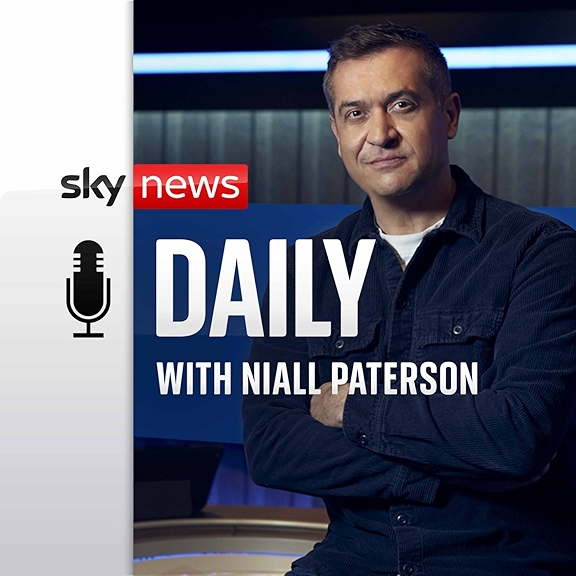
Past lives: what can ancient DNA reveal about today’s world?
In 2010, scientists achieved what had once seemed impossible: they sequenced the genome of a Neanderthal, based on tiny fragments of DNA from ancient bones. It was an astonishing feat that kicked off a new scientific discipline—palaeogenetics—and opened a new window onto the history of life on Earth. In this episode, we explore how scientists are now shedding light not only on ancient people and animals, but on some modern diseases, too. Plus: how the study of ancient DNA could be revolutionised by the recent discovery of “fossil chromosomes”, which allow scientists to peer even further into the past.
Host: Alok Jha, The Economist’s science and technology editor. Contributors: Rory Galloway, senior podcast producer and science writer for The Economist; Pontus Skoglund, Frankie Tait, Sarah Johnston and Jérôme Nicod of the Francis Crick Institute in London; and Cynthia Perez Estrada and Erez Aiden of the Baylor College of Medicine.
Transcripts of our podcasts are available via economist.com/podcasts.
Listen to what matters most, from global politics and business to science and technology—subscribe to Economist Podcasts+.
For more information about how to access Economist Podcasts+, please visit our FAQs page or watch our video explaining how to link your account.




















